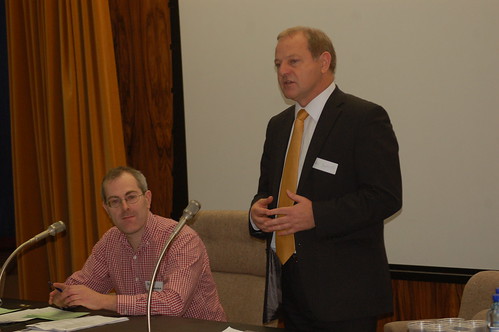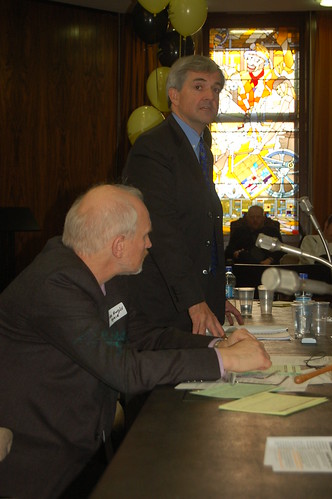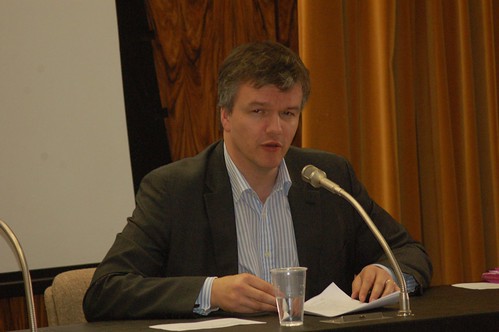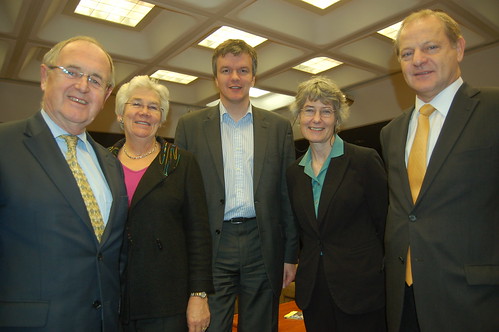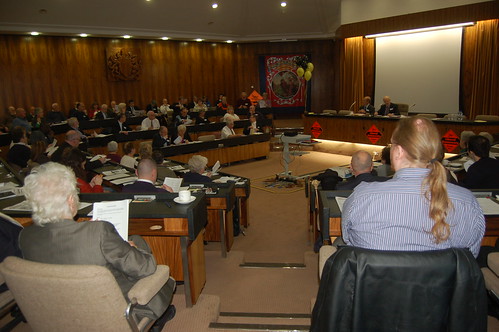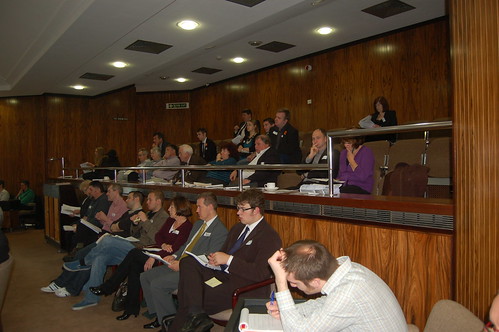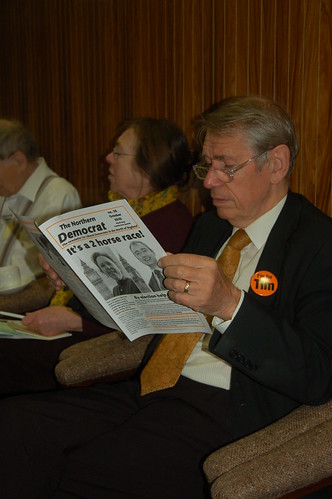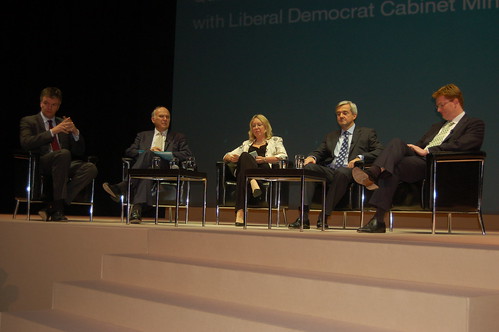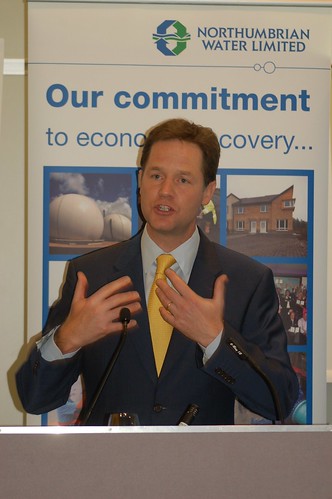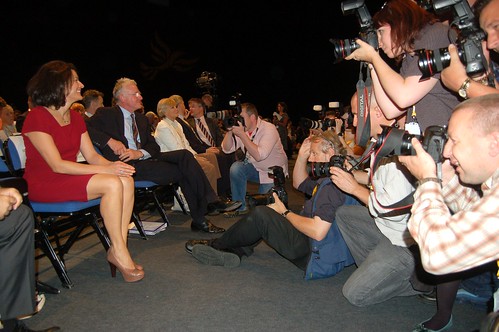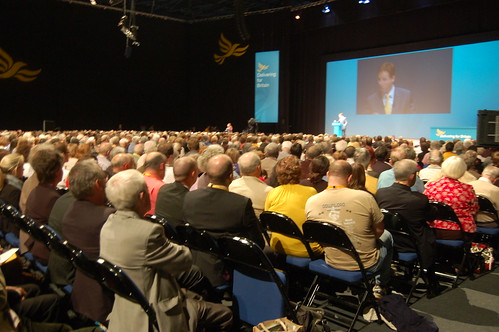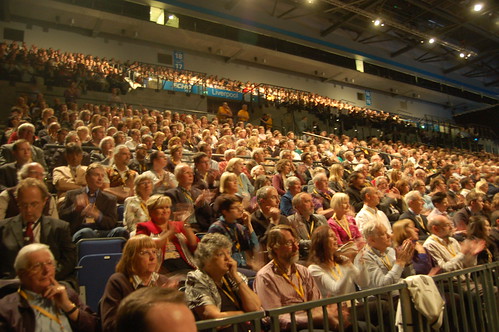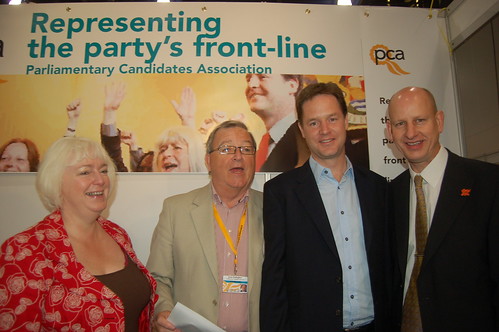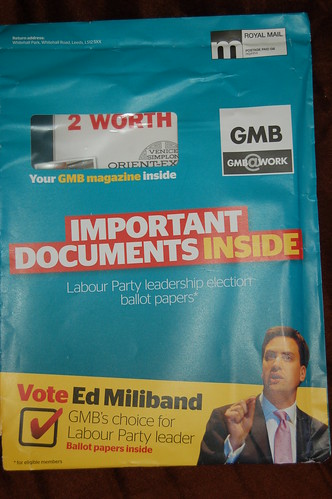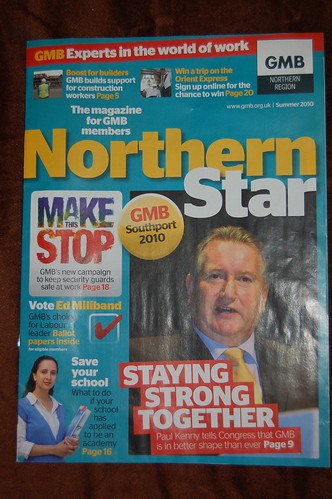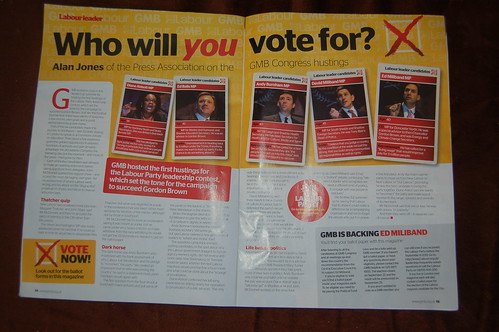The other alternative proposal that has been raised is that of the graduate tax. Whilst this is obviously an attempt to paper over a gaping hole in the argument mounted by opponents, it should at least he given serious consideration. So I have done that, and my conclusion is that it is unfair, unworkable, counterproductive and completely mad.
The first point to make about it is that if you believe in free higher education (free for the recipient, but not free for the taxpayer, including the millions who are denied a university education, who have to pick up the bill) there is no way on the planet that you can support a graduate tax. Shackling a student to a lifelong commitment to paying extra income tax means that a university education comes at an enormous price, in many cases vastly more than would be paid under tuition fees. It is interesting that Labour attempts to claim graduate tax as an alternative to fees at the same time as attacking any notion of students having to pay for their education. In other words, Labour are suggesting that higher education under them is free, as long as you pay for it with a blank cheque.
With tuition fees you know what your liability is. You know what you owe. And once it's paid off, you are free of the burden. The liability ends. That is not the case with a graduate tax. Once you graduate, you are stuck with it. Your income will always we liable to it (though see below for the avoidance scheme). Graduate tax means paying for your higher education an amount that has no relationship whatsoever to the cost of your course. You could do a course that is relatively cheap but you end up paying graduate tax far in excess of the costs. Hardly fair.
Graduate tax is unfair as all taxable income is liable. So, as of April 2011, graduates will start paying graduate tax once they start earning £7,000 a year. So there will be no protection whatsoever for low earning graduates. This is much more unfair for graduates on low incomes that the tuition fees proposals.
However, how about a graduate tax avoidance scheme? For this you will need to be a wealthy graduate who can spend their time earning abroad. Successful barristers, educated at the cost of the taxpayer, will be able to earn bag loads on the international circuit and shelter their earnings from tax. And accountants for the rich will be able to find all sorts of ways to ensure their clients avoid their liabilities.
Since higher education funding is devolved, what happens to English graduates who move to Scotland or Wales? Since the graduate tax would apply to England only, do Scotland and Wales suddenly become tax havens for graduates?
The single biggest reason for rejecting graduate tax however is that is will not raise a single extra penny for higher education. A graduate tax raises revenue for the government. They collect the money and spend it as they think fit. There is no guarantee that any of it will find its way to the universities.
Picture the scenario is a few years' time under graduate tax. A government is running short of cash (when are they not?). The graduate tax suddenly becomes an attractive option for an increase in the rate. The graduate tax would rapidly become a cash cow for cash trapped governments to pay for other spending commitments or to bail out a bankrupt government.
With tuition fees, the liability is fixed. You pay back what you owe. You know when you have escaped from it (and after 30 years you do escape from it for good, whether or not you have paid it off). And you know the money has gone to the university at which you studied.
So, graduate tax is unfair, the rich will avoid it, it will raise nothing for universities. No wonder Alan Johnson called it unworkable. No wonder, when Labour were in office, they rejected it in favour of tuition fees. What a pity Johnson is experiencing an opportunistic wobble on it now.
---
Sent via BlackBerry
